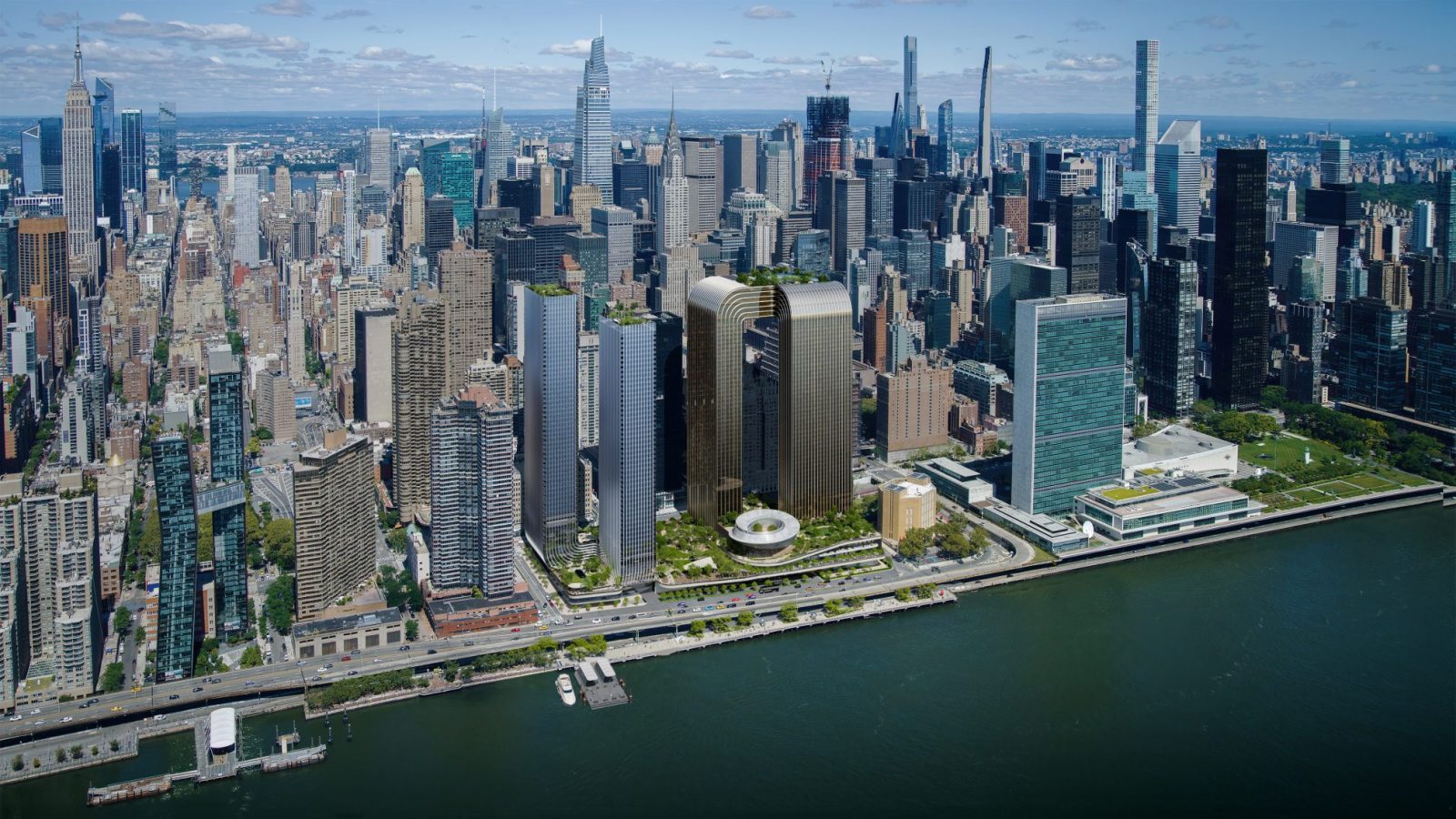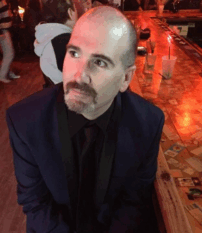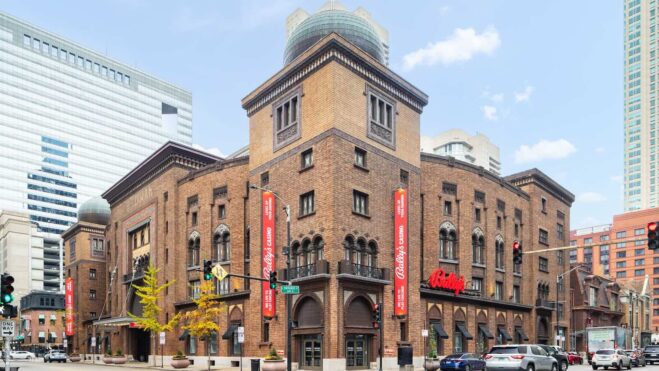CAC Votes Down Freedom Plaza, Manhattan Shut Out On Casinos
Largest US city will not get a casino as third and final Manhattan proposal gets voted down
2 min

New York City having a casino? Fuhgeddaboutit!
The Community Advisory Committee (CAC) overseeing Freedom Plaza’s $11.2 billion bid for a casino on the East Side of Manhattan voted down the proposal 4-2 on Monday, completing a sweep of rejected pitches for a New York City-based venue.
The vote took the same lines of CAC rejections for The Avenir and Caesars Palace Times Square last week as representatives of New York Gov. Kathy Hochul and New York City Mayor Eric Adams registered the aye votes. A late amendment to make all 1,080 planned residential units available as affordable housing was rejected 4-2 prior to the final vote.
“We have been humbled by the overwhelming support expressed by neighbors, community and civic organizations, and our faith, labor, and workforce partners. We believe they recognized what we did – Freedom Plaza was a transformative project that promised benefits that our community deserved and was built upon a sustained engagement with neighbors, civic leaders, and stakeholders across the city that recognized this once-in-a-generation opportunity,” said Soloviev Group CEO Michael Hershman in a statement after the vote. “We are proud of our partnership with Mohegan and the vision that informed this project that would have revitalized Midtown East and delivered for workers, residents, and organizations across this city.
“Manhattan is the undisputed capital of the world, and it deserved a fully integrated resort that would have attracted visitors while serving the needs of its community.”
The rejection of Freedom Plaza leaves five proposals for as many as three of the $500 million downstate casino licenses that the New York State Gaming Commission could make available.
One of the remaining five, The Coney, may not even have a hearing before the Sept. 30 deadline. CAC Chair and New York City Councilman Justin Brannan, Brooklyn Borough President Antonio Reynoso, New York state Sen. Jessica Scarcella-Spanton, and New York Assemblymember Alec Brook-Krasny signaled their intentions to vote “nay” via social media Monday.
A proposal requires four “aye” votes from each six-person CAC to be advanced forward to the NYSGC.
Is Manhattan the borough of NIMBY?
One common theme throughout the process for all three rejected Manhattan-based propsals was a formidable bloc of opposition. The Caesars Palace Times Square proposal could not overcome union-based Broadway workers who saw an existential threat to their livelihood.
Freedom Plaza bore resemblance to The Avenir in terms of local residents coming out against the proposal. The Soloviev Group faced a multiple-opposition front from nearby Murray Hill and Tudor City neighborhoods, who cited similar concerns of congestion and crime that Manhattan Plaza residents voiced against The Avenir on the West Side.
The Soloviev Group first raised the suggested number of affordable housing units from 500 to 600 prior to the second public hearing. It also included a $1 million commitment to the Settlement Housing Fund, a non-profit that helps preserve low-to-moderate housing before Sunday’s redlined amendment.
In a question-and-answer with the CAC prior to submitting amendments, Freedom Plaza also was prepared to “execute and record” the following: a Restrictive Covenant codifying commitments to Affordable Housing, Publicly Accessible Open Space, and a Community Investment Fund it projected to have $250 million over the first 20 years. It repeated its prior projection of the proposal generating 17,000 union-based jobs and 25,000 overall.
Meanwhile, over in Coney Island …
The Coney, a Thor Equities-fronted proposal, looks well on its way to joining the three Manhattan-based proposals on the scrap heap. The announcements by Brannan, Reynoso, Scarcella-Spanton, and Brook-Krasny leave no path forward for the proposal. Brannan, Reynoso, and Scarcella-Spanton appointed themselves to the CAC, while Brook-Krasny’s representative, Marissa Solomon, was widely expected to be a “nay” vote from the outset.
The Coney’s two public hearings have contained far and away the most vitriol among the eight proposals, with raw emotions from local residents often on display. They also cited traffic concerns among other issues, but those seeking to protect the yesteryear charm of the Boardwalk and surrounding area from its heyday in the 1950s and 1960s were also vocal in opposing the project.
Brannan, a term-limited New York City Councilmember, was reminded early and often — and sometimes in withering terms at both sessions — that he was an early opponent of any casino proposal to the area.






